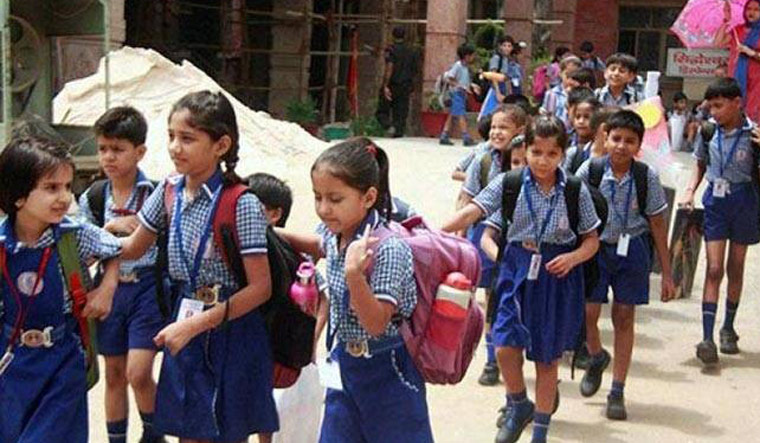Back to school it is! The good old days of lunchboxes, water bottles and waking up early. How ready are your children to walk through the classroom doors to another year of growing up? Well, how prepared are they to deal with the environmental concerns? Have you taken care to replace their plastic daily-items with eco-friendly alternatives?
If not, here are a few suggestions of sustainable alternatives for daily-use items that are not only good for the planet but for your child’s health as well. Suit your kid up to save the planet.
The lowest prices of the commodities in Amazon (online shopping) are also listed.
1.Water bottles and lunch boxes
Are your children still carrying plastic bottles around? How about replacing them with steel bottles which are durable as well as versatile? Steel bottles also do not cause health issues (due to chemicals released) the plastic bottles are likely to cause. The chemicals from the recyclable plastic bottles may even cause cancer.
Steel bottles (700ml) - Rs 236
Steel lunch boxes – Rs 550
2. Bamboo hair brushes, toothbrushes and neem combs
You should definitely switch to bamboo brushes and combs. Even though they are not 100 per cent degradable, they are likely to do a lot less harm than the plastic alternatives. The bristles are made from 62 per cent castor bean oil, which are not biodegradable but are certified bio-based.
Neem comb - Rs 180
Bamboo hair brush – Rs 428
Bamboo toothbrush – Rs 75
3. Stationery—Pens, pencils, pencil pouches, files
There are alternatives for all these consumable stationery products in the environmental world. There are paper pens, paper pencils and besides, why forget the precious ink pens? There are jute and cloth pouches and files available now!
Pencils (pack of 10) – Rs 70
Pens (pack of 10) – Rs 280
Pencil pouch (set of 3) – Rs 399
File – Rs 265
4. Menstrual cups
An average woman is likely to use about 16,000 sanitary napkins in her lifetime. The disposable pads are made of 90 per cent plastic. The menstrual cups are not only good for the planet and for the body, but also your budget! The chemicals found in the napkins and tampons have been found to be a reason for causing infertility and cancer in women. Menstrual cups are made of silicon on rubber and are harmless. Unlike tampons and napkins, they do not absorb the blood, but collect it. They can be used for years and can be worn up to 12 hours. Introduce your children to menstrual cups early on.
Menstrual cup – Rs 308
5. Mindset
Most importantly. It is your mind that has to replace all disposable materials in its plans and ideas to consist entirely of eco-friendly and environmental commodities. Make plans and have ideas that do not include non-biodegradable materials. Seek out alternatives and even if it's a little hard to get your hands on those, go ahead and grab them! And encourage children to do the same.
Change in mindset - absolutely free!
Follow these Instagram accounts to find out more interesting ways to become an eco-friendly consumer: @thepaperdolphin, @tentree, @wasteless.at, @bambooherb, @bamboo.roots and @zerowastecollecitve are a few. And follow hashtags such as #greenliving, #greenery, #ecofriendly, #green, #sustainablekitchen etc.



